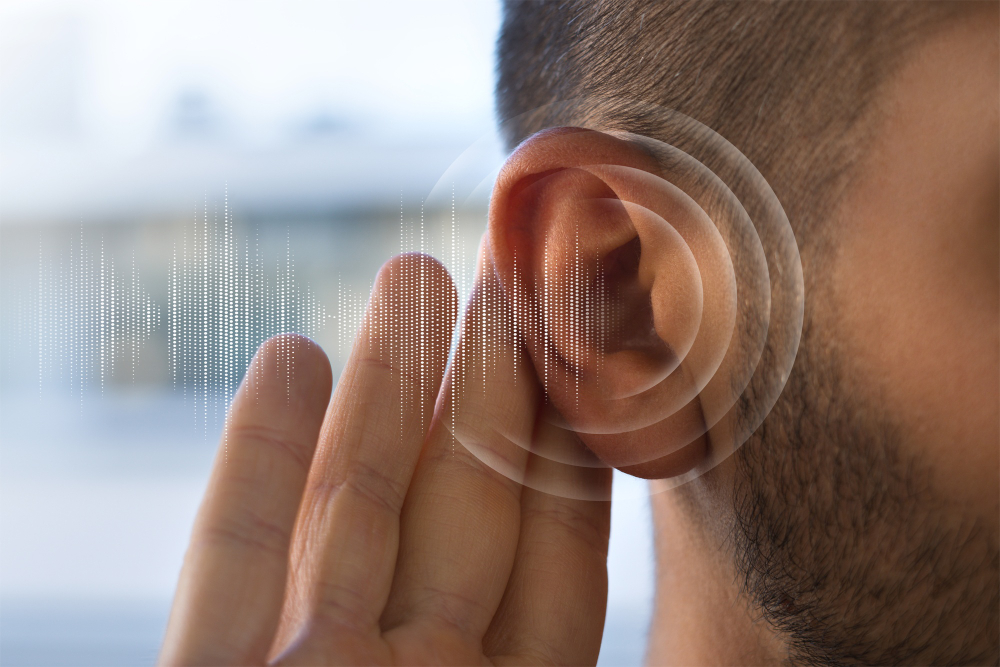Acoustic neuroma, also known as vestibular schwannoma, is a non-cancerous tumor that affects the hearing and balance functions. This condition can lead to symptoms like hearing loss, tinnitus, and balance issues, making it essential to understand its causes, treatment options, and life after surgery. In this guide, we’ll explore the world of acoustic neuroma, offering insights into its diagnosis, treatment, and the journey to recovery.
What is an Acoustic Neuroma?
Acoustic neuroma, also known as vestibular schwannoma, is a non-cancerous tumor that typically grows on the vestibular nerve, which connects the inner ear to the brain. While these tumors are usually benign, they can cause a range of symptoms that affect hearing and balance. Let’s delve into the details of acoustic neuromas, including their symptoms, treatment options, and what life may look like before and after surgery.
Symptoms of Acoustic Neuroma

The symptoms of acoustic neuromas can vary from person to person, but there are some common indicators to watch out for:
Hearing Loss
One of the most prevalent signs of acoustic neuroma is hearing loss. This condition often begins with gradual or sudden hearing impairment in one ear, affecting your ability to communicate effectively.
Tinnitus
Many individuals with acoustic neuromas experience persistent ringing or buzzing in the affected ear, a condition known as tinnitus. This symptom can be distracting and disruptive to daily life.
Balance Issues
Acoustic neuromas can lead to balance and coordination problems, resulting in unsteadiness and difficulty maintaining equilibrium. This symptom can affect your mobility and quality of life.
Ear Fullness
Some patients report a sensation of fullness or pressure in the ear affected by the tumor. This discomfort can be unsettling and bothersome.
Headaches
While not as common as other symptoms, occasional headaches, usually on the side of the affected ear, can occur in individuals with acoustic neuromas.
Facial Numbness
In rare cases, acoustic neuromas may cause numbness or weakness on one side of the face. This symptom warrants immediate medical attention.
Causes of Acoustic Neuroma
The precise cause of acoustic neuromas isn’t always clear, but several factors may contribute to their development:
- Genetic Mutation (NF2): Some cases of acoustic neuroma are associated with a genetic mutation called NF2. Individuals with a family history of this condition may be at a higher risk.
- Radiation Exposure: Exposure to ionizing radiation, such as radiation therapy for previous head and neck conditions, is a potential risk factor.
- Rare Genetic Disorders: Certain rare genetic disorders, though uncommon, can increase the likelihood of developing acoustic neuromas.
Diagnosis of Acoustic Neuroma

Diagnosing acoustic neuroma involves a series of evaluations to confirm the presence and extent of the tumor:
Hearing Tests
Audiometric tests are commonly employed to assess hearing loss and determine its severity. This initial evaluation helps healthcare providers gauge the extent of the issue.
Imaging
Magnetic Resonance Imaging (MRI) scans are essential for visualizing the size and location of the acoustic neuroma. This imaging technique provides critical information for treatment planning.
Monitoring
In cases where the tumor is small or not causing significant symptoms, doctors may recommend regular monitoring to observe any changes in size or symptoms over time.
Treatment Options for Acoustic Neuroma
The choice of treatment for acoustic neuroma depends on various factors, including the size of the tumor and the patient’s overall health:
Observation (Watch and Wait)
For small, slow-growing tumors, a strategy of “watchful waiting” may be appropriate. This approach involves monitoring the tumor’s progression and intervening only if it starts to grow or cause more severe symptoms.
Surgery
Surgery is a common treatment option for acoustic neuromas, and several surgical approaches can be employed:
Translabyrinthine Surgery
This surgical procedure involves removing the tumor through the ear canal. It is typically suitable for larger tumors and offers a direct path to the tumor.
Middle Fossa Surgery
Middle fossa surgery targets tumors located near the inner ear. It aims to remove the tumor while preserving hearing and facial nerve function.
Retrosigmoid Surgery
Retrosigmoid surgery accesses the tumor from behind the ear. This approach is often chosen when hearing preservation is a primary concern.
Radiation Therapy
Radiation therapy, including techniques like stereotactic radiosurgery, may be recommended for patients who cannot undergo surgery or prefer non-invasive treatments. This approach uses targeted radiation to shrink or control the tumor’s growth.
Life Expectancy After Acoustic Neuroma Surgery
Undergoing surgery for an acoustic neuroma can be a life-changing experience. It’s essential to understand what to expect both before and after the procedure:
Before Acoustic Neuroma Surgery
Before surgery, you will undergo a thorough evaluation to assess your overall health and the specifics of your tumor. Your medical team will discuss the surgical approach and potential risks. It’s crucial to have realistic expectations regarding hearing preservation and facial nerve function.
After Acoustic Neuroma Surgery
Life expectancy after acoustic neuroma surgery varies from person to person, but there are some common considerations:
- Recovery and Rehabilitation: Rehabilitation, including physical therapy, may be necessary to regain balance and adapt to changes in hearing.
- Coping with Hearing Loss: If hearing preservation is not possible, you may explore options such as hearing aids or learning sign language to enhance communication.
- Support Groups: Joining support groups for individuals facing similar challenges can provide emotional and practical support during your recovery.
Prognosis and Follow-Up
Regular follow-up appointments are essential after acoustic neuroma surgery to monitor your progress and ensure that the tumor does not return. The prognosis for individuals with acoustic neuromas is generally positive when detected early and managed appropriately.
Potential Complications

While complications are rare, it’s important to be aware of possible issues, including facial nerve damage, further hearing loss, and ongoing balance problems. Prompt medical attention can address these concerns if they arise.


